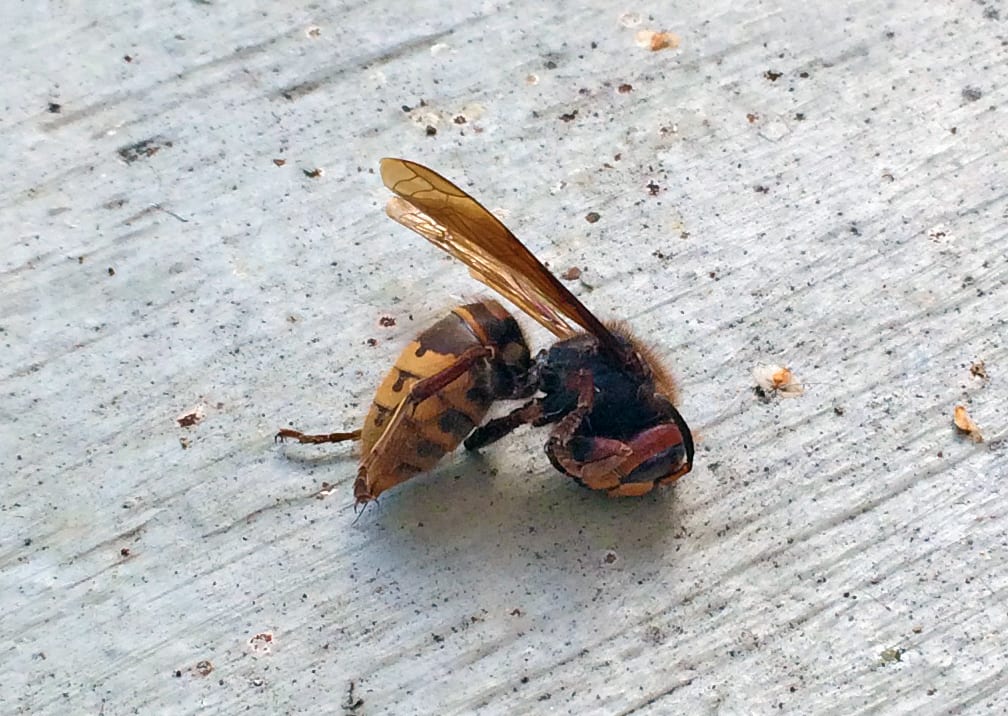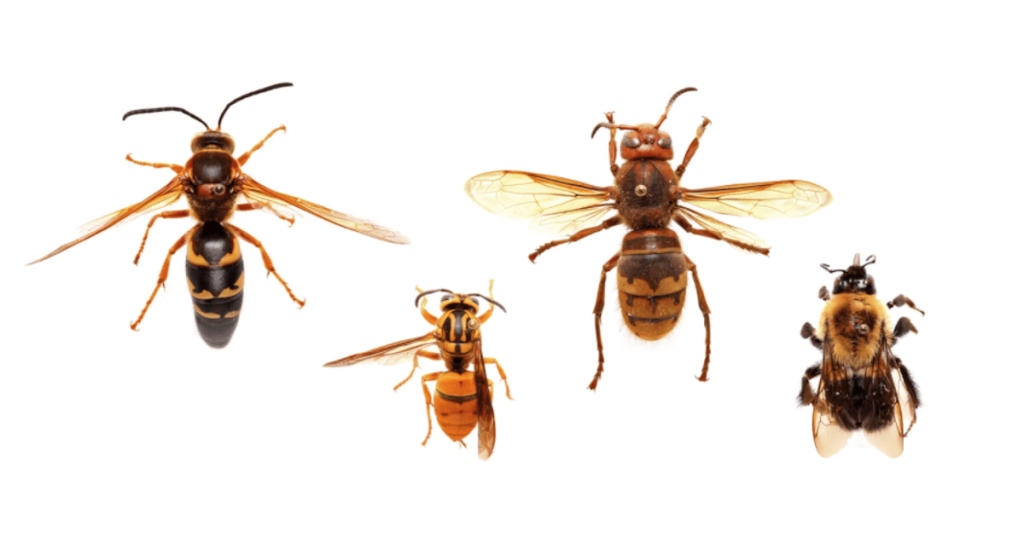Trending Now
You’ve probably heard of the threat of murder hornets by now. Hailing from Asia, they’ve been spotted in the state of Washington.
Media stories about these large invasive wasps caused people to panic because they really are quite large compared to bees and other wasps. That’s why some people decided to take matters into their own hands.
Dr. Matt Bertone is an entomologist at North Carolina State Extension. He accepts requests to identify insects and recently tweeted an image that shows just how much interest people have in identifying murder hornets:
Even the name of these wasps is a matter of debate. Another entomologist tweeted this to shed some light on the matter.
Experts would like people to familiarize themselves with poor innocent insects they’re actually killing because these creatures don’t deserve it.
4. Bumblebee Queens

Photo Credit: Wikimedia Commons
In their quest to protect themselves—and bees—people have been killing bumblebee queens. Queens are much larger than ordinary bees, and bumblebees are also a bit large themselves. Like so-called murder hornets, they also have stripes.
3. Southern Yellowjackets

Photo Credit: Wikimedia Commons
Mostly found in the south, these harmless insects are especially yellow. Southern yellowjacket queens are a tad larger, and amate*r entomologists have mistaken them for murder hornets.
2. European Hornets

Photo Credit: Wikimedia Commons
Like their Asian counterparts, European hornets are also invasive. Penn State’s fact sheet provides more information, but you’ll be glad to know they’re an inch in length on average.
1. Cicada Killers

Photo Credit: Wikimedia Commons
These wasps only care about one thing: eating cicadas. The University of Kentucky’s fact sheet says these insects look for very specific conditions when choosing where they’ll roam. They prefer areas with sunlight and light soils. Their abdomens are black and have no orange stripes.
You can definitely let your state’s agricultural office know if you think you’ve seen a murder hornet, but the odds are low.
Are there any other innocent insects you think belong on this list? Let’s prevent needless insect decimations and share our knowledge in the comments!






